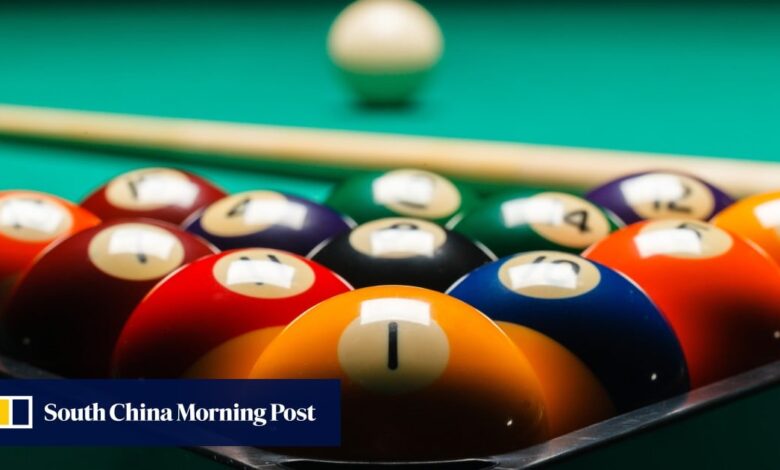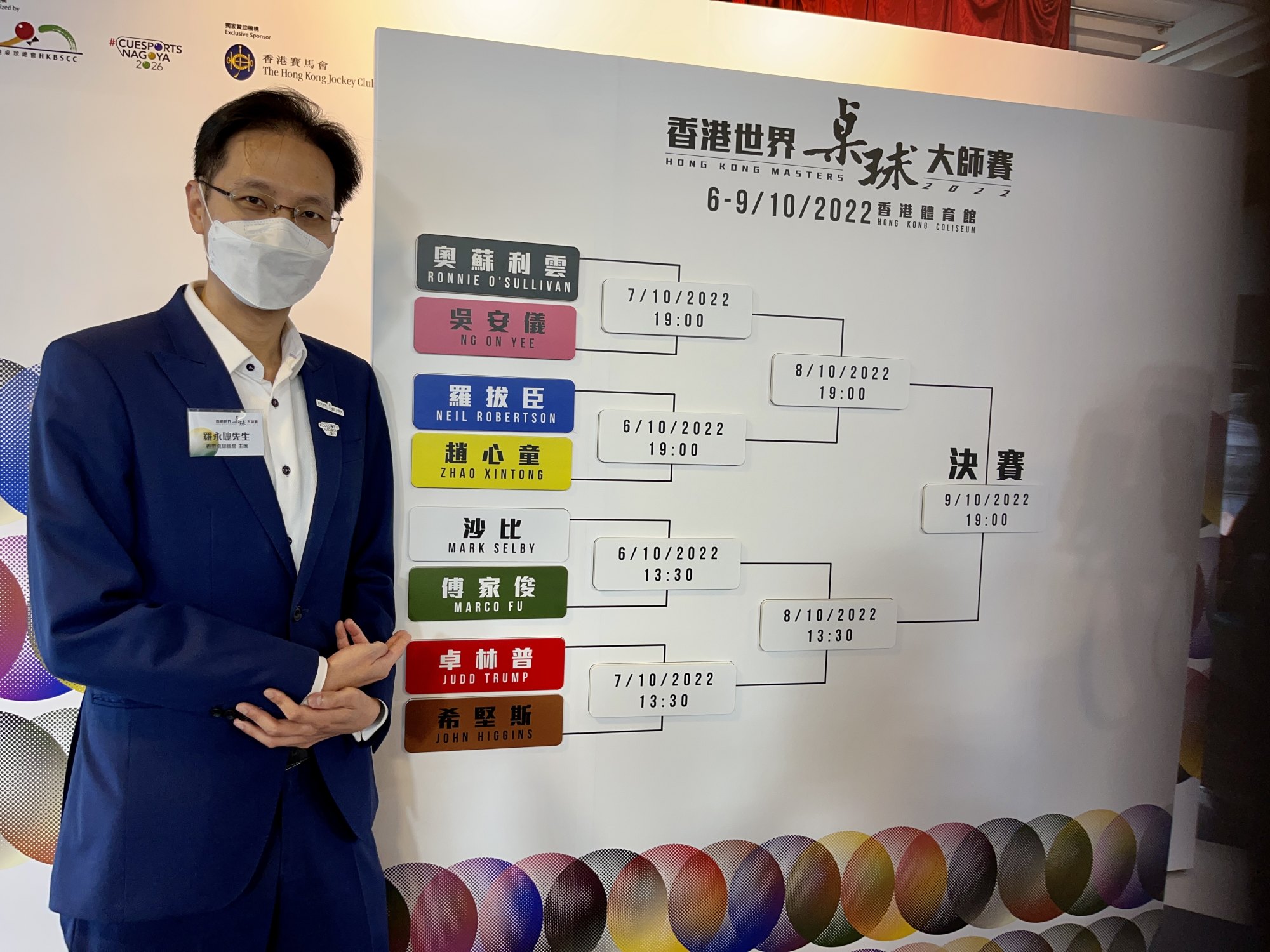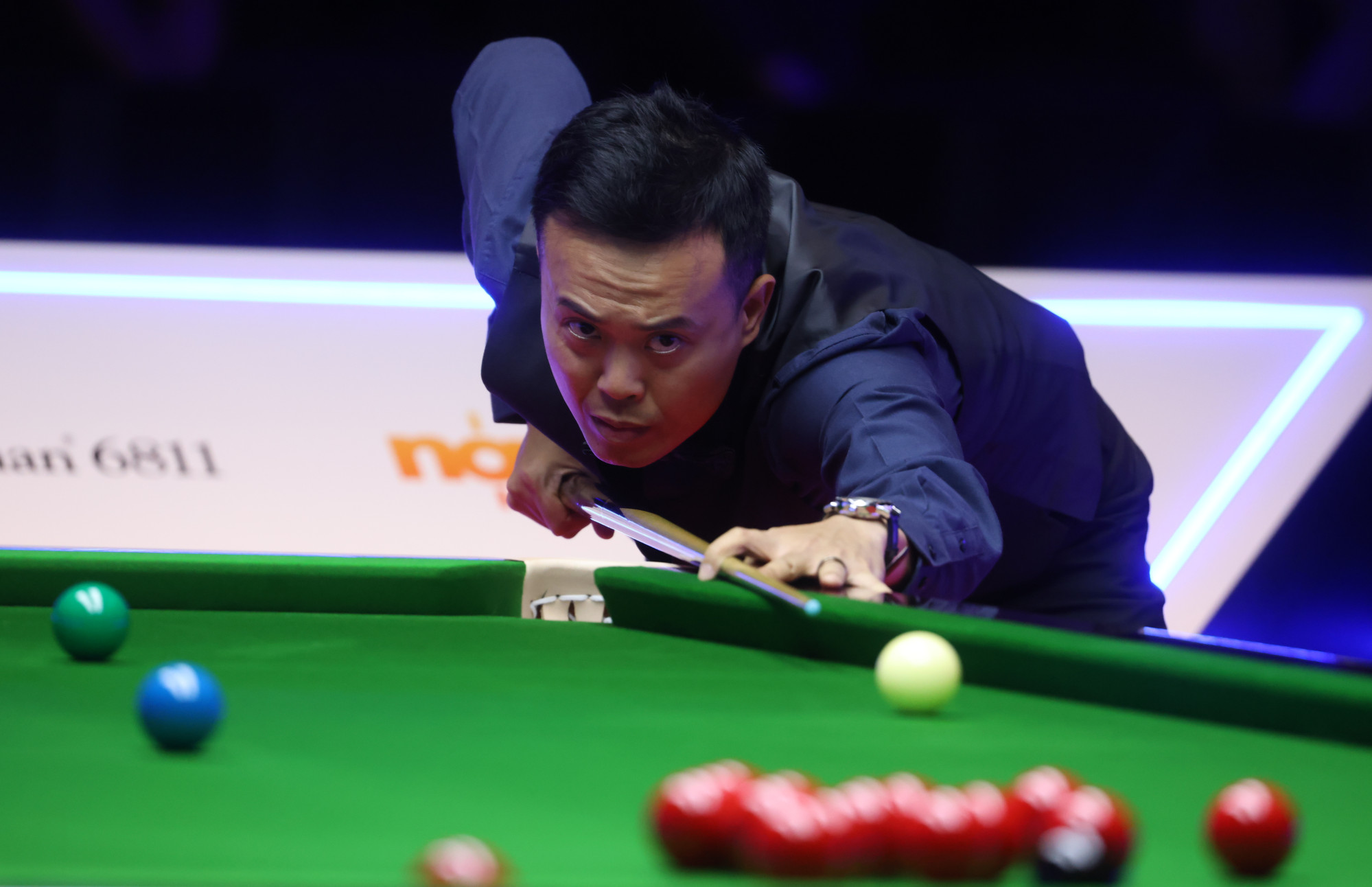Hongkongers as young as 8 to be allowed entry into billiard venues after 8pm under bill aimed at nurturing future players

[ad_1]
Children as young as eight years old would be allowed to enter billiard venues after 8pm under a government proposal aimed at nurturing future professional players, but an industry leader on Thursday called for all restrictions to be lifted.
The bill, submitted to the Legislative Council on Wednesday, suggested allowing younger players to stay at such premises until 11pm, and aligning the opening hours with other facilities under the Leisure and Cultural Services Department.
Currently, players under the age of 16 cannot enter licensed billiard establishments from 8pm to 10am. Under the proposal, the restricted hours would be shortened to 11pm to 7am for children aged eight or above.

Children in school uniforms, who are currently banned from entering such venues, will also be allowed to gain access under the amendments.
Vincent Law, chairman of the Billiard Sports Council of Hong Kong China, on Thursday said he welcomed the changes, adding that many of the existing regulations were decades old and outdated.
“We feel that the government is finally accepting our perspective and proposing a relaxation. Of course, we support that. It’s better late than never,” he told a radio programme. “But we think there is no need for any restrictions at all.”
Law said many snooker players were as young as 12 or 13 year old. “They have to leave the premises under the existing time limit of 8pm, which poses challenges for us when promoting the sport,” he said.
If the bill is approved, children aged eight or under will have to leave by 11pm
Marco Fu blasts ban on under 16s from snooker halls after 8pm
Marco Fu blasts ban on under 16s from snooker halls after 8pm
“Honestly, in Hong Kong, it is highly unlikely that anyone that young will be playing at midnight. Even if they are playing this late, these would be isolated cases,” he said. “It seems unnecessary to have an ordinance to regulate such a minority.”
Authorities said in the bill that the existing limits on age, time and attire were designed in the 1960s and 1970s to “protect mentally immature individuals”. Law argued the rules were imposed after criticism that such establishments might be popular among those of “dubious character”.
Law argued that billiard venues were stigmatised and treated unfairly.
Snooker set for stay of execution from Hong Kong funding cuts
Snooker set for stay of execution from Hong Kong funding cuts
“Anyone who has played recently at any billiard establishment these days will know that this is an outdated view,” he said. “You can see that these venues are just a place to play the sport.”
He added that there should be data on crimes at such venues to debunk the negative perceptions.
When asked about the availability of alcohol, mahjong and cigarettes at billiards establishments, which might expose children to related risks, Law said that they should be considered as separate matters and not discussed in relation to billiards.

“If other facilities are available at a licensed billiard establishment, there are corresponding government licenses to regulate those activities, such as a liquor licence,” Law said. “But these are two distinct matters. You cannot stop me from playing just because alcohol is available on the premises. You can buy alcohol at restaurants too. Does that mean young people shouldn’t visit restaurants?”
He added that he had never seen anyone underaged in mahjong rooms at billiard venues and argued that young people could play the game elsewhere as well.
Law said the changed would help promote the sport as the city looked to nurture the next generation of athletes for international tournaments, with the success of home-grown stars such as Marco Fu Ka-chun, who won the 2007 Grand Prix and 2013 Australian Goldfields Open, and Ng On-yee, who won the World Women’s Snooker competition in 2015.
In April this year, 12-year-old Shaun Liu Yu-san became the first Hongkonger to win the 2023 English Under-14 Snooker Championship held in the UK.
[ad_2]
Source link





